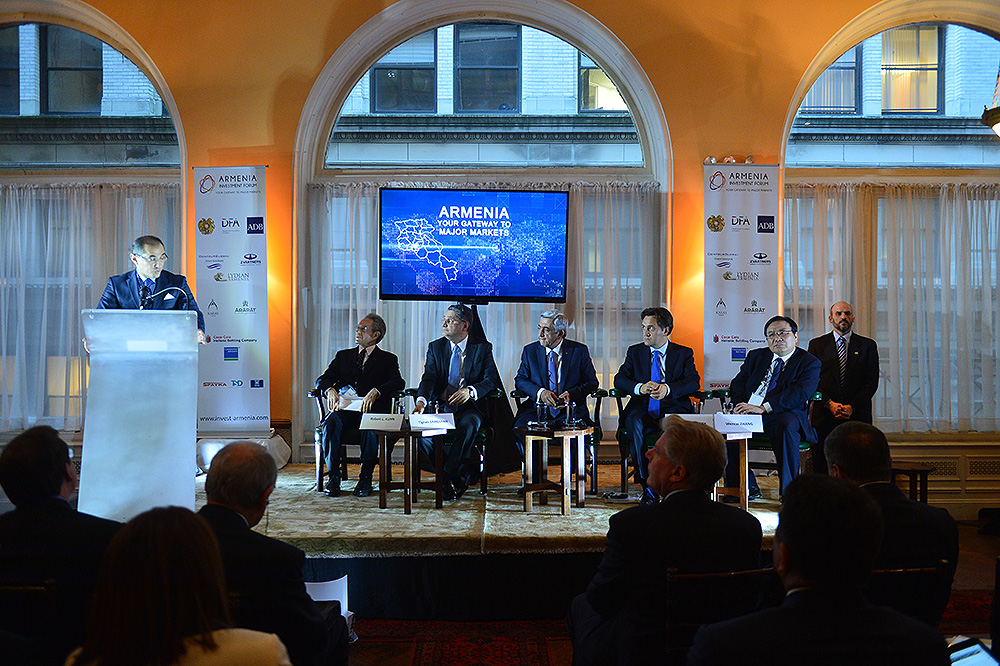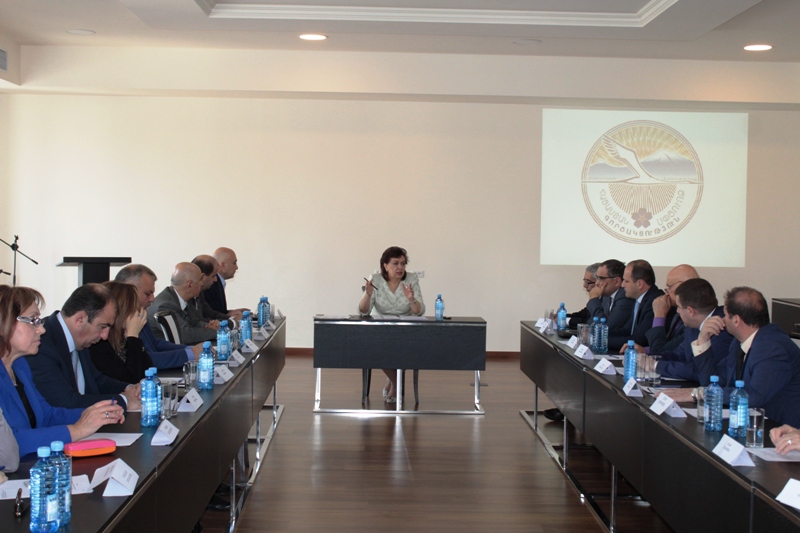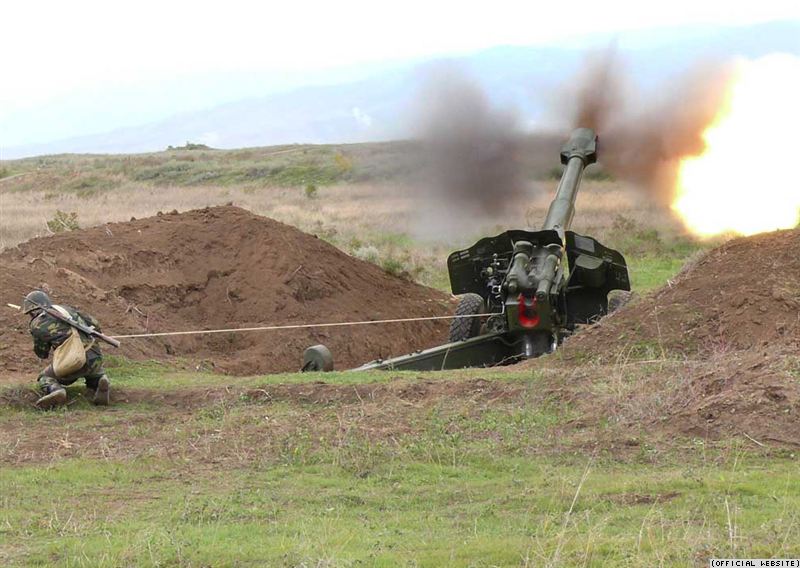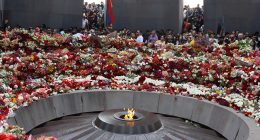NEW YORK (RFE/RL) — President Serzh Sarkisian has urged more foreign companies to invest in Armenia, saying that they could use his country as a “gateway” to Russia, the European Union and other large markets.
Opening an international investment forum on Armenia in New York on Monday evening, Sarkisian also told potential investors that his newly reshuffled government plans to “markedly” improve the country’s business environment and tax administration in particular.
“Armenia’s new government formed just days ago has received broad powers to boldly push forward a process of legal and institutional reforms in order to make Armenia’s investment climate much more attractive for both local and foreign investors,” he said in a speech.
“We regard the involvement of foreign investors as a very important tool for stimulating Armenia’s economy,” he added.
Sarkisian went on to signal his government’s readiness to offer tax breaks to large foreign firms interested in using Armenia as a “gateway to the main regional markets.” He argued that Armenia has a free-trade regime with Russia thanks to its membership in the Eurasian Economic Union (EEU), enjoys preferential access to the European Union’s common market, and has a common border with Iran.
In that regard, Sarkisian pointed to the ongoing reconstruction of major Armenian highways which he said will make Armenia the shortest transport link between Iran’s Persian Gulf and Georgia’s Black Sea ports.
Armenia’s ambition to serve as a “gateway to major markets” was the theme of the first panel discussion at the forum organized by the Armenian government and attended by senior executives from foreign companies. Representatives of Western lending institutions as well as the U.S. ambassador to Armenia, Richard Mills, were also in attendance.
Some of the Western investors participating in the forum are already present in Armenia. They include the U.S. hi-tech companies National Instruments and Synopsis, the Colorado-headquartered mining firm Lydian International and the New York-based energy group ContourGlobal.
ContourGlobal purchased Armenia’s largest hydroelectric complex last year, while Lydian began building in August this year a gold mine that will significantly increase Armenian exports of gold. Sarkisian met with the chief executives of these companies on the margins of the New York forum.
Foreign direct investment (FDI) in Armenia has rapidly declined in the last few years. According to official Armenian statistics, it shrunk by more than half, to $180 million, last year. The downward trend, which Armenian officials blame on the global economic slowdown, appears to have continued into 2016.
Analysts believe that potential investors are also scared away by endemic government corruption, a lack of judicial independence, arbitrary tax administration and inadequate enforcement of the country’s anti-trust legislation. Some lucrative sectors of the Armenian economy have long been effectively monopolized by wealthy businesspeople linked to the government.
In his speech, Sarkisian insisted that his administration has improved the domestic business environment in the past several years. He argued that Armenia ranked 35th in the World Bank’s most recent annual survey of 189 nations that evaluated the ease of doing business around the world.
“We are committed to further improving our country’s business environment,” added the Armenian president.
Sarkisian cited the need to speed up economic reforms when he announced on September 8 his decision to replace his prime minister, Hovik Abrahamian, by Karen Karapetian, a longtime business executive. Karapetian pledged to embark on “systemic changes” shortly after his appointment.
Armenian opposition politicians are skeptical about the promised reforms, however, saying that the new premier will not end tax authorities’ privileged treatment of wealthy businesspeople connected to the government. They say that the Sarkisian administration will continue to heavily rely on the so-called “oligarchs” for political support.










